Children need to know and feel that they are loved regardless of the outcome in sports or school. However, it is not always like this. It may surprise you that most children prefer to be watched at tournaments by their grandparents. Why do they prefer grandmothers and grandfathers in the audience to their parents and siblings? Maybe children are fully aware of their unconditional love. Love, which does not depend on successes or failures.
You will surely object, since you do love your child. Sometimes, however, parents express their love in a way that does not really help. “How can I show my child that I love him and at the same time push him and motivate him to a further improvement?” ask parents.
It is possible indeed. Just remember to always set simple boundaries and think before you speak. Watch your words closely during and after the competition.
Love is not a weapon
Remember your first reaction after you child’s last tournament. Did you smile and said, “I like watching you play?” Or, instead, were you angry with your child for not playing as well as during the practice round?
Negative reactions express that your love is dependent on performance. Parents who use love as a way to reward their children for their performances and who refuse to give love if the child fails are skating on very thin ice.
Using love as a weapon, with which you control your child according to whether he/she met your expectations or not, will make your child focus solely on the outcome. But then the child loses his/her track of the path that leads to success, and any effort suddenly loses its importance.
Some parents choose a different tactic, i.e. “I’d rather not say anything,” but do not realise that their discontent is expressed in many different ways – attitude, gestures, facial expressions or silence.
A child needs encouragement
One of the best ways to show your unconditional support and love is to become the biggest fan of your child. Do not try to be a coach though, unless you are a professional golf trainer. Do not even try to be a referee. Just be a fan and always be aware of your role. It is necessary to be your child’s fan already before the tournament – your child needs support and encouragement before the competition.
Let’s think about it as an emotional battery your child needs to recharge before the tournament. When this battery is full, the child may perform much better and for longer. At the same time the child is more open to recommendations and more resistant against possible failure. A child with a flat battery is more defensive and gets discouraged easily.
How to recharge the emotional battery of a child?
1) Be a good listener. Encourage your child to share with you new experiences from lessons, talk together about what he/she likes about the sport.
2) Be truthful and accurate when you praise. Instead of “good job”, say “it was great how you played that long putt on the third hole.”
3) Use your body language. Your reactions, such as thumbs up, winks or smiles mean a lot to a child and will put him in a positive mood.
Parental Code of Conduct
Together with children from the David Carter Golf Academy we drew up the Parental Code of Conduct. We offer it as an inspiration. Why not write down something similar with your child.
How should parents behave according to this code:
- Encourage me even though I’m not doing very well
- Praise me when I do something well
- Respect when I don’t feel like talking after the game
- After each game, tell me honestly that you’re happy to be here with me today
- Be here for my goals and forget about yours
- Let me know if my behaviour doesn’t comply with my goals
- Don’t forget that I play for fun, and I always try to play the best
- Don’t be too hard on me, be patient
- Give me space to grow, but stay close to help me
- Be my biggest and best role model
- Help me, so that sport is an entertainment for me
- Be such a parent you would like to have yourself
What should parents avoid doing:
- Shouting at players, referees and coaches
- Training trainers
- Making negative remarks to players or other players
- Criticising players before, during or after a game
- Taking pleasure in opponents’ mistakes
- Getting angry when opponents score
- Telling your child what he/she needs to improve, especially if a parent knows much less about the game than the child
- Being cold and rejecting a child after an unsuccessful tournament
- Giving too much importance to sport at the expense of the rest of the family

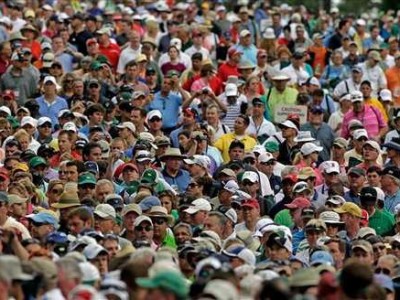

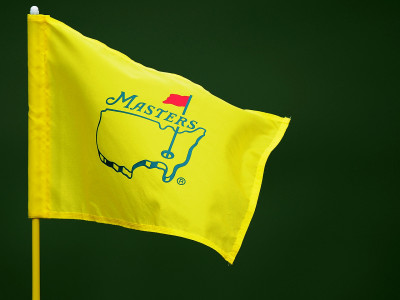
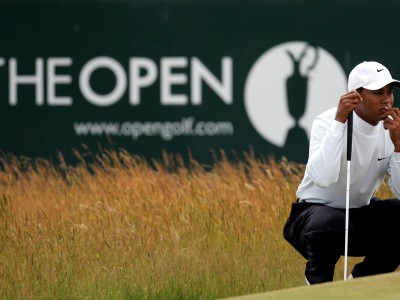


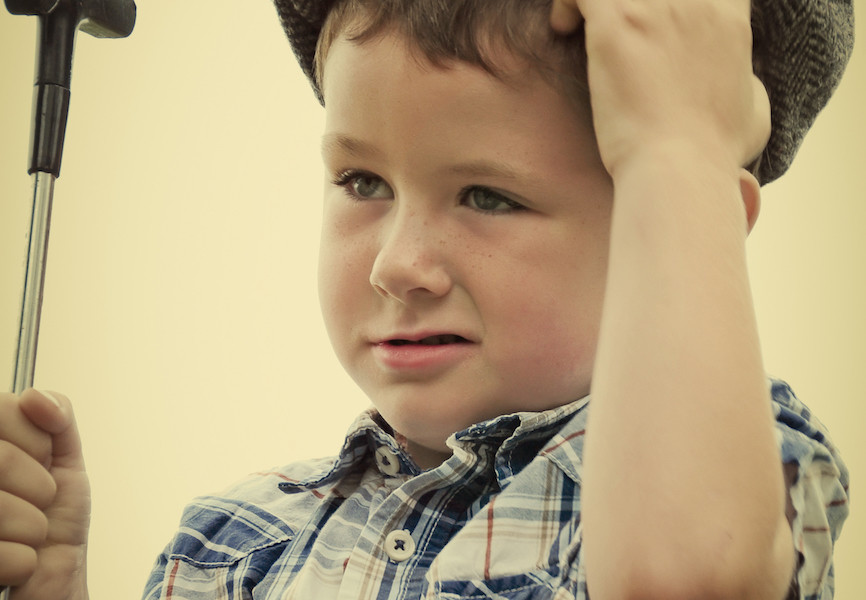
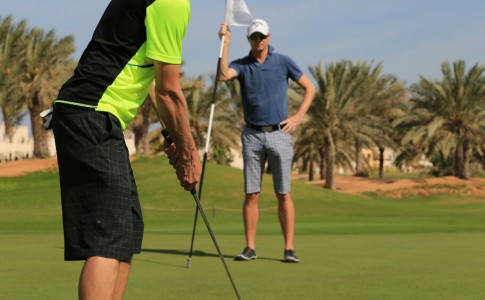
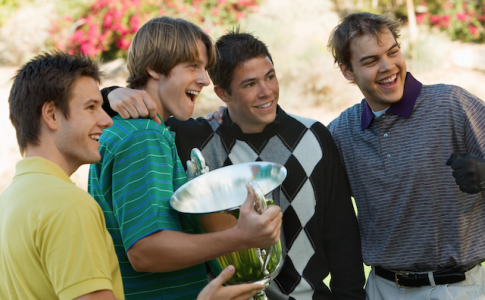
No comments